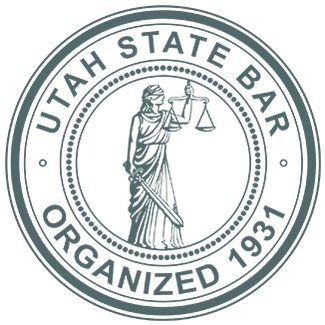A T visa gives victims of human trafficking legal status and a work permit for 4 years and after 3 years with a T visa they can apply for lawful permanent residence.
The J-1 Program is set up to provide an opportunity for people all around the world to come to the U.S. to work and study, but often J-1 trainees/interns are exploited.
If you are or have been a J-1 trainee or intern and you believe that you are a victim of human trafficking, our office may be able to help you apply for a T visa.
Determining whether a J-1 intern/trainee is a victim of human trafficking requires complex legal analysis and no one factor is decisive. Below are a few of the scenarios we often see in helping clients who have become victims of labor trafficking as a J-1 trainees/intern:
Debt
J1 trainees/interns will often pay an agency to help them with recruitment, placement, and visa processing. They charge large fees and may refer J-1 trainees to lending agencies where they can borrow money to pay their fees.
Not Rotating to Phases in Training Plan
Before coming to the U.S, J-1 trainees are given a training plan with different phases. Each phase details what a J-1 trainee will learn, in what order they will learn and when they will rotate to each phase. After the J-1 trainee arrives in the U.S. their employer doesn’t follow their training plan. Instead, the J-1 trainee works in whatever position the employer places them in often doing low level work rather than receiving the advanced educational training they were promised.
Inadequate Living Conditions
J-1 trainees/interns are often promised housing. However, upon arrival in the U.S., they may discover they have to live in an unsafe area or in unsanitary conditions. The housing may be crowded with limited beds. Sometimes, the J-1 trainee/intern may have to live in the same building as their employer. Some employers may also tell J-1 trainees/interns that they cannot move and have to live in the housing they provide.
Long Work Hours
A J-1 trainee/intern may be forced to work more hours than they were promised before coming to train in the U.S. Some J-1 trainees/interns may be forced to work quickly and skip breaks or meals.
Underpaid Wages
Some J-1 trainees/interns may not be paid for all of the hours they worked. They may not be paid time and a half for overtime work they have worked or be paid less than they were promised before coming to the U.S.
Threats
Some employers may threaten J-1 workers or mention their status in order to keep them working or under their control. Employers may do this by mentioning a J-1 trainees/interns status or by threatening to fire them if they do not work faster. Sometimes an employer may threaten a J-1 if they complain about their working conditions.
If you believe you may have been a victim of human trafficking, please contact us for a consultation https://www.alexmcbeanlaw.com/contact.




